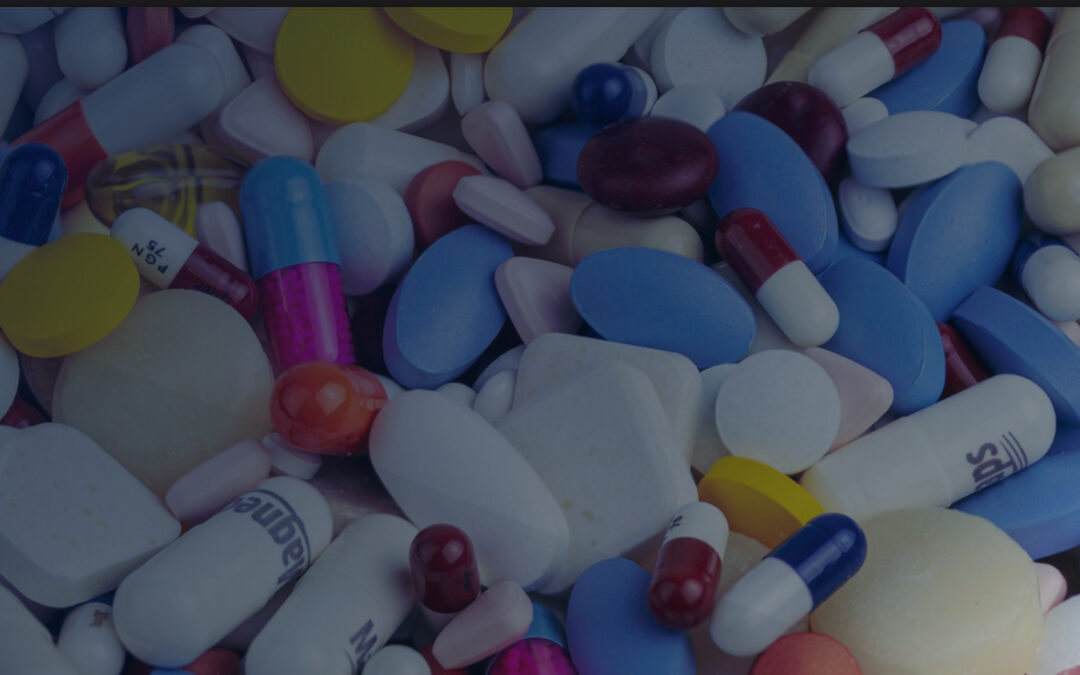The Nigerian healthcare system currently faces significant challenges, from outdated infrastructure, and insufficient funding, to a shortage of healthcare professionals. Public health facilities are often stretched beyond capacity, leaving many Nigerians with limited access to quality care. These challenges, coupled with a rapidly growing population, have made it clear that a new approach is needed.
CATALYZING PUBLIC PRIVATE PARTNERSHIPS FOR SUSTAINABLE HEALTHCARE INNOVATION IN NIGERIA: LEGAL FRAMEWORK, STRATEGIES, AND OPPORTUNITIES
by Stren & Blan Partners | Nov 14, 2024 | Insight | 0 comments

